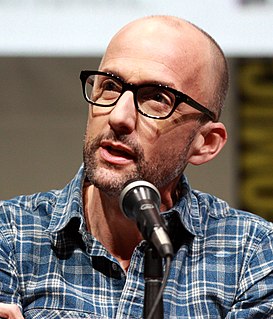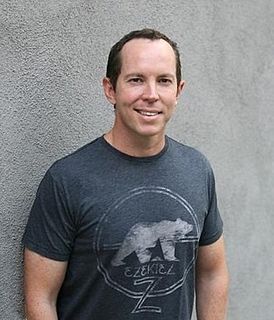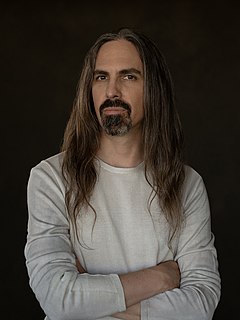A Quote by Jim Rash
In television, the writer-creator-showrunner is embraced as the creative mind.
Quote Topics
Related Quotes
You become more divine as you become more creative. All the religions of the world have said God is the creator. I don’t know whether he is the creator or not, but one thing I know: the more creative you become, the more godly you become. When your creativity comes to a climax, when your whole life becomes creative, you live in God. So he must be the creator because people who have been creative have been closest to him. Love what you do. Be meditative while you are doing it – whatsoever it is
The war between the artist and writer and government or orthodoxy is one of the tragedies of humankind. One chief enemy is stupidity and failure to understand anything about the creative mind. For a bureaucratic politician to presume to tell any artist or writer how to get his mind functioning is the ultimate in asininity.
The way that TV is set up is very helpful for when a show comes to an end because as an actor, you've got acting, but as a showrunner you still get to edit for three months and after that ends you get to do a sound mix. So, as a writer-performer in television, it's a very nurturing, gradual environment to say goodbye to a show.
When you work in a writers room for a showrunner, you serve that story, and you serve that showrunner. I don't think it should be called writing; I think it should be called rendering content. Because you are there to render the content that is agreed upon in the room, and you're serving the voice of the main storyteller, which is the showrunner.
A "showrunner" as a position is a relatively new thing. It used to be the executive producer. That's not true anymore. Now it's evolved into this model where people look to showrunners and say, that guy is that show. It's just become a lot more interesting to know the showrunner and to get a sense of that person.




































